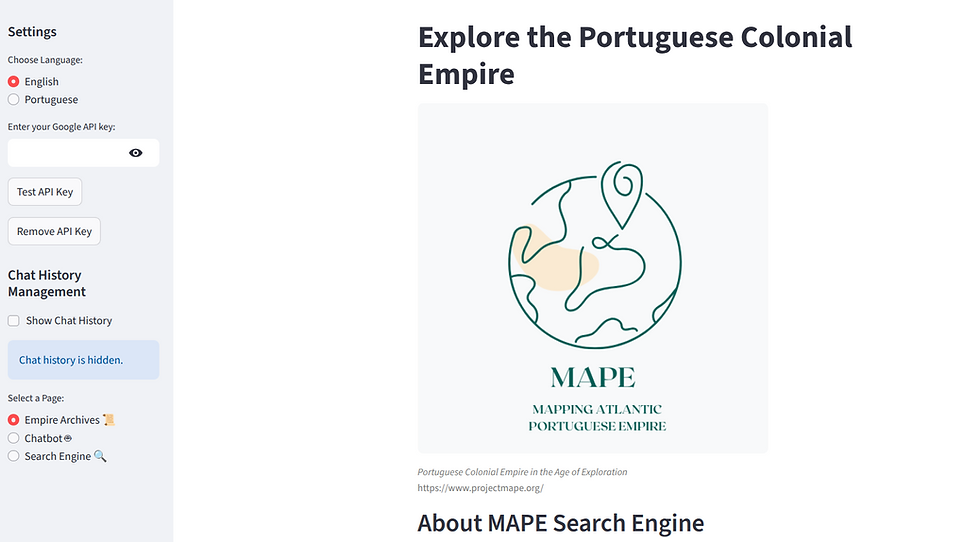Seeds of Discord: The Rise and Fall of Nauvoo - A Saga of Spiritual Settlements and Political Ambitions in Antebellum America
- Agata Bloch
- 25 mar 2024
- 4 minut(y) czytania

In the book 'Kingdom of Nauvoo: The Rise and Fall of a Religious Empire on the American Frontier', Benjamin E. Park reflects on the particular attraction of American soil for spiritual settlements. He explains, "There was something about the American soil that seemed to invite spiritual settlements to take root" (p. 51). This narrative reveals an alternate reality, a parallel world that existed on the fringes of United States democracy and was preparing to enter mainstream consciousness during the antebellum period.
Nauvoo, whose name comes from the Hebrew for 'beautiful place', was founded in 1839 by visionary Mormon leader Joseph Smith on the banks of the Mississippi River in Illinois, reaching a population of 12,000 in 1844. Here, on the fertile Illinois soil, Smith and his followers dared to push the boundaries of social acceptance, religious innovation and nascent American democracy.
In seven well-organized chapters — Soil, Seeds, Roots, Trunk, Branches, Fruit, and Harvest — this book traces how the Mormons sowed the seeds of their religious teachings and reaped a bittersweet harvest.
In search of fertile land, Joseph Smith was forced to leave the original site of his religious community in Missouri. There he first tried to found a small independent settlement under the leadership of the militia. However, this endeavor culminated in a tragic incident that led to the massacre of a dozen Mormons and Joseph Smith's imprisonment for treason.
After escaping from prison in 1839, Joseph Smith eventually found refuge on the banks of the Mississippi River. This area, originally inhabited by the indigenous Quashquame people, had been granted to veterans of the War of 1812 and was subsequently acquired by the Mormons through financial negotiations. And there they established the emerging empire of Nauvoo, which was based on the principles of "communal solidarity, economic isolationism and priestly leadership" (p. 35).
Once the fertile ground was found, it was time to sow the seeds of Joseph Smith's vision. He developed a comprehensive strategy aimed at strengthening the Mormon community, ensuring its independence, and avoiding a repeat of the turbulent experience in Missouri. This strategy included establishing an official city government, holding the first municipal elections, forming a defense militia, building a temple, and cultivating external networks beyond the boundaries of the community. The focus was on creating a cohesive constituency among the Mormons who used their collective political influence to advocate for their interests. In addition, Smith introduced the controversial tactic of polygamous marriages as part of their community-building efforts.
The next step was to embed his vision in society and strengthen its roots by articulating his vision of an order in the world in which, beyond the connection between humanity and the cosmos, lay a vision of greater integration of religion and politics. To achieve this, he had to make important new connections with, among other, Massons, publish the first local newsletter to reach more attention and set up his own office to strengthen his position. Smith saw women as guardians of morality, supported their quest for greater leadership and founded the Mormon Female Society. He also showed a certain liberality with regard to racial integration and welcomed freed African Americans, although the Mormons themselves also owned slaves. The African Americans who sought refuge in Nauvoo described it as a "refuge from the racial struggles in America." While Smith strengthened the trunk, he recognized the importance of federal law and had no intention of conflicting with it. Despite friendly relations with the Potawatomi people, he refrained from extending political or military support to them in their struggle against the white settlers.
Once the foundation in Nauvoo was solidly laid, Smith set out to expand his influence by approaching the federal government with a bold proposal: Nauvoo should be designated a sovereign federal territory, independent of state jurisdiction and equipped with its own army. Growing impatient with the response, he took an even bolder step and decided to run for the presidency in 1844.
On his way from prophet to populist leader, Smith made populist promises to reorganize the US Congress, cut salaries, advocate for state legislatures to pardon convicts, and reform the criminal justice system. He envisioned reaping the rewards of the political aspirations of his Mormonism. But as his fame and national presence grew, so did opposition.
Years of exercising power at local and national political level did not bring a rich harvest, but only sowed hostility. Accusations of polygamy, the city's use of habeas corpus, and alliances with politicians sympathetic to the Mormon cause fanned the flames of growing opposition. Ultimately, this led to a significant uprising by neighboring communities, culminating in his imprisonment and eventual tragic death.
I have wondered if Mormon's Nauvoo would still be around today if his political ambitions had not catapulted him onto the national stage. The more attention he gained, the more seeds of animosity he planted and the shakier the tree trunk became. But perhaps that was just one of the tragic ends of the outsider community that did not fit the image expected of the nascent American democracy.



Komentarze